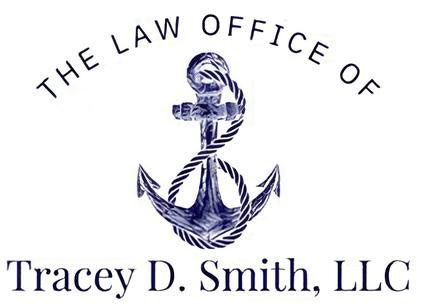FAQs
The Law Office of Tracey D. Smith, LLC
Have an estate planning-related question? We have the answer. Check out these FAQs and give us a call today for more information!
What's the difference between a will and a trust?
A will typically goes through probate court, which is a public process to distribute assets, whereas a trust can avoid probate if properly structured. Working with us as the estate planning lawyers Harwich, MA residents rely on can help ensure that your will or trust is set up correctly to meet your goals.
What are the risks of a DIY will?
If your documents are not clear enough or fail to account for some legal requirement, your family could end up spending years and a lot of money in probate court after you are gone. In fact, according to Planned Giving, 24% of individuals aged 18 to 34 have a will, highlighting how many still have gaps in their estate planning.
At our firm, we guide clients through the estate planning process to ensure their documents are clear, legally sound, and structured in a way that avoids unnecessary complications. As the estate planning lawyers Harwich, MA residents prefer, we help protect your wishes and provide peace of mind for your loved ones.
How can I change my will or trust?
By amending it or restating it, you can ensure your estate plan remains up-to-date and effective. As the estate planning lawyers Harwich, MA residents recommend, we can help you make the necessary changes to protect your wishes. Call us at The Law Office of Tracey D. Smith, LLC today for a free consultation.
What is a personal representative?
A personal representative is the individual appointed by the Probate Court to administer your estate after you pass. As the estate planning lawyers Harwich, MA residents count on, we can help you choose the right person for this important role and ensure your estate is managed according to your wishes.
Is my estate plan private?
It depends. A will is public, while a trust plan remains private. As the estate planning lawyers Harwich, MA residents depend on, we can guide you on which option is best for your privacy and estate goals.
What happens if I die without a will?
If you do not have a will, the Commonwealth of Massachusetts will distribute your assets according to a set of laws called intestacy laws. These laws are designed to do what the legislature thinks most families would want. As the estate planners Harwich, MA residents choose, we can help you create a will to ensure your assets are distributed according to your wishes.
What estate planning documents do I need?
A replicable trust (recommended), a will, durable power of attorney, health care power of attorney, HIPAA form, and a living will (if desired) are essential documents to include in your estate plan. As the estate planners Harwich, MA residents prefer, we can guide you through these important documents to ensure your wishes are legally protected.
Can I provide for a pet in my estate plan?
A pet trust allows you to designate a trustee and a caretaker for your animal. The caretaker is responsible for the pet’s care, following your instructions, while the trustee manages any funds you leave for this purpose, ensuring they are used appropriately. As the estate planners Harwich, MA residents recommend, we can help you set up a pet trust to provide peace of mind for both your pet and loved ones.
How often should I review my estate plan?
According to our experience, we suggest that you review your estate plan every five years, or whenever there has been a substantial change in your family or financial situation. As the estate planners Harwich, MA residents rely on, we're here to help you make any necessary updates to ensure your plan reflects your current needs and goals.
What's the difference between an irrevocable trust, and a revocable trust?
A revocable trust gives you control over the trust, allowing you to make changes as needed. In contrast, with an irrevocable trust, once it's established, you lose control, and changes cannot be made. As the estate planners Harwich, MA residents depend on, we can guide you in choosing the right type of trust based on your goals and circumstances.

Share On: